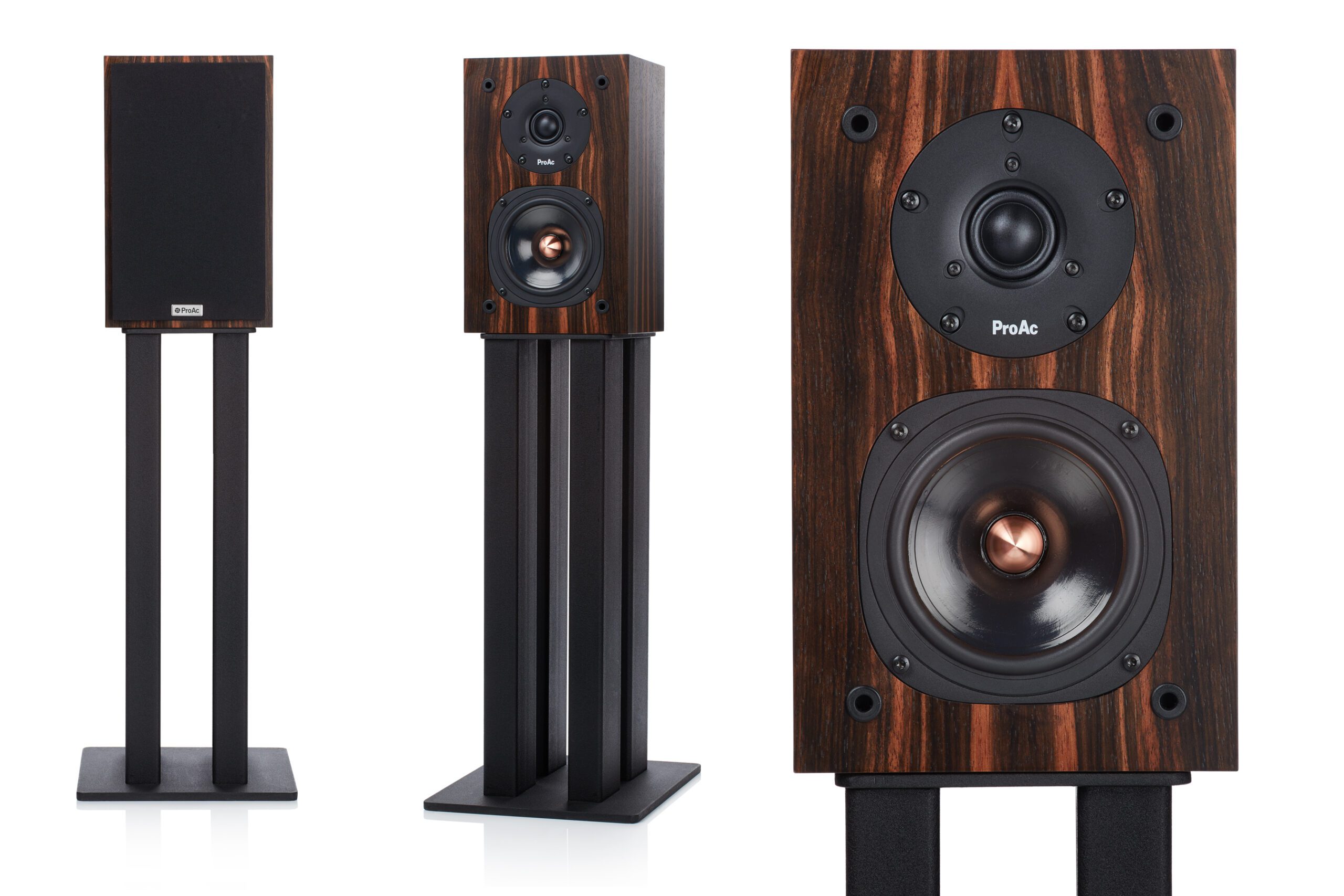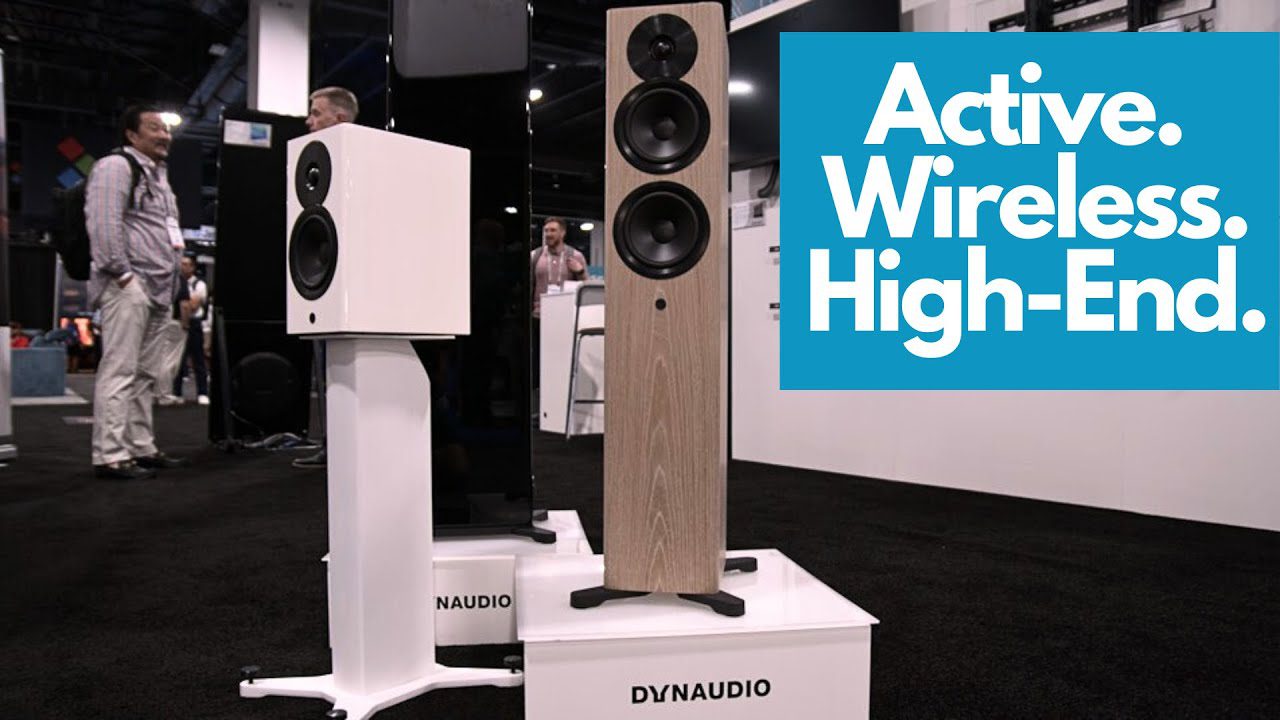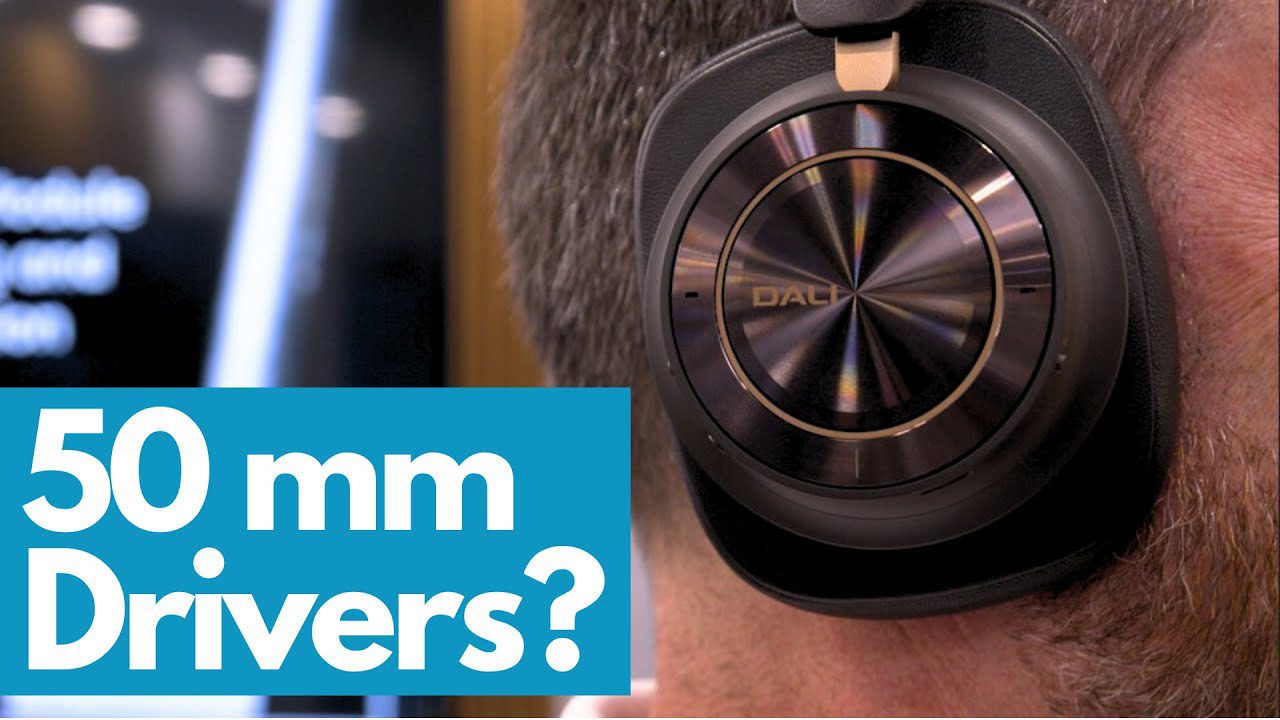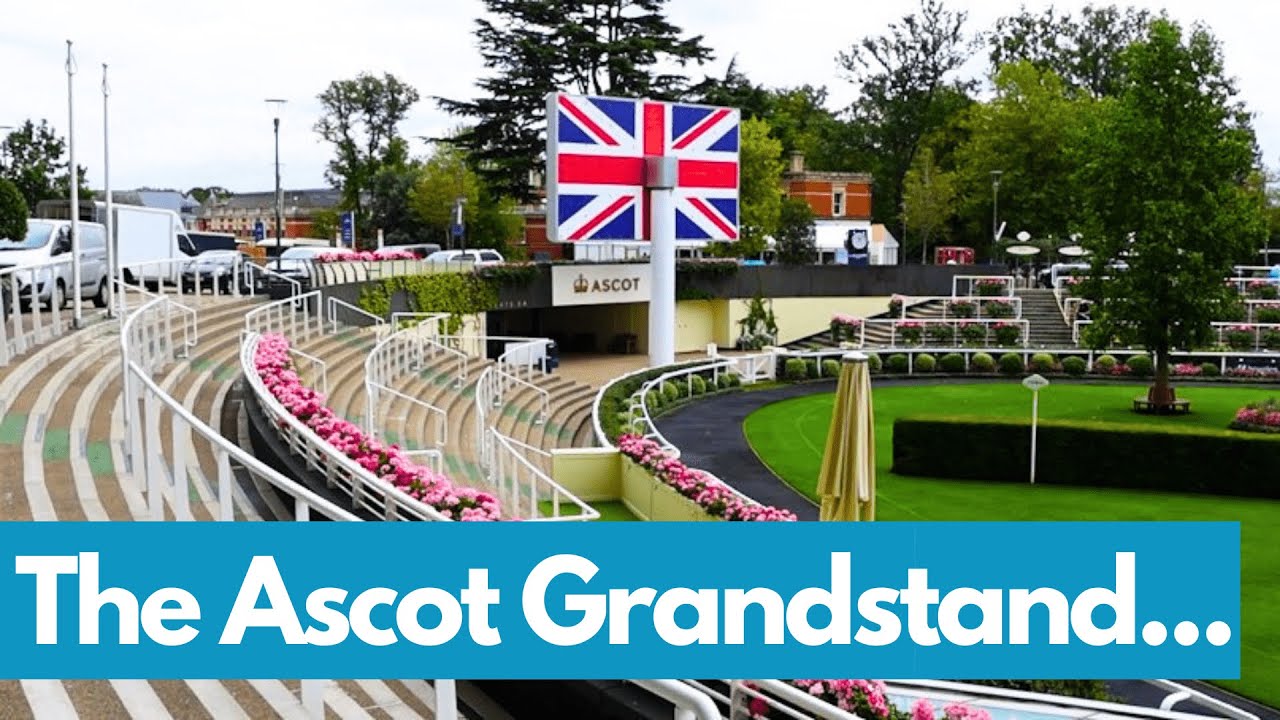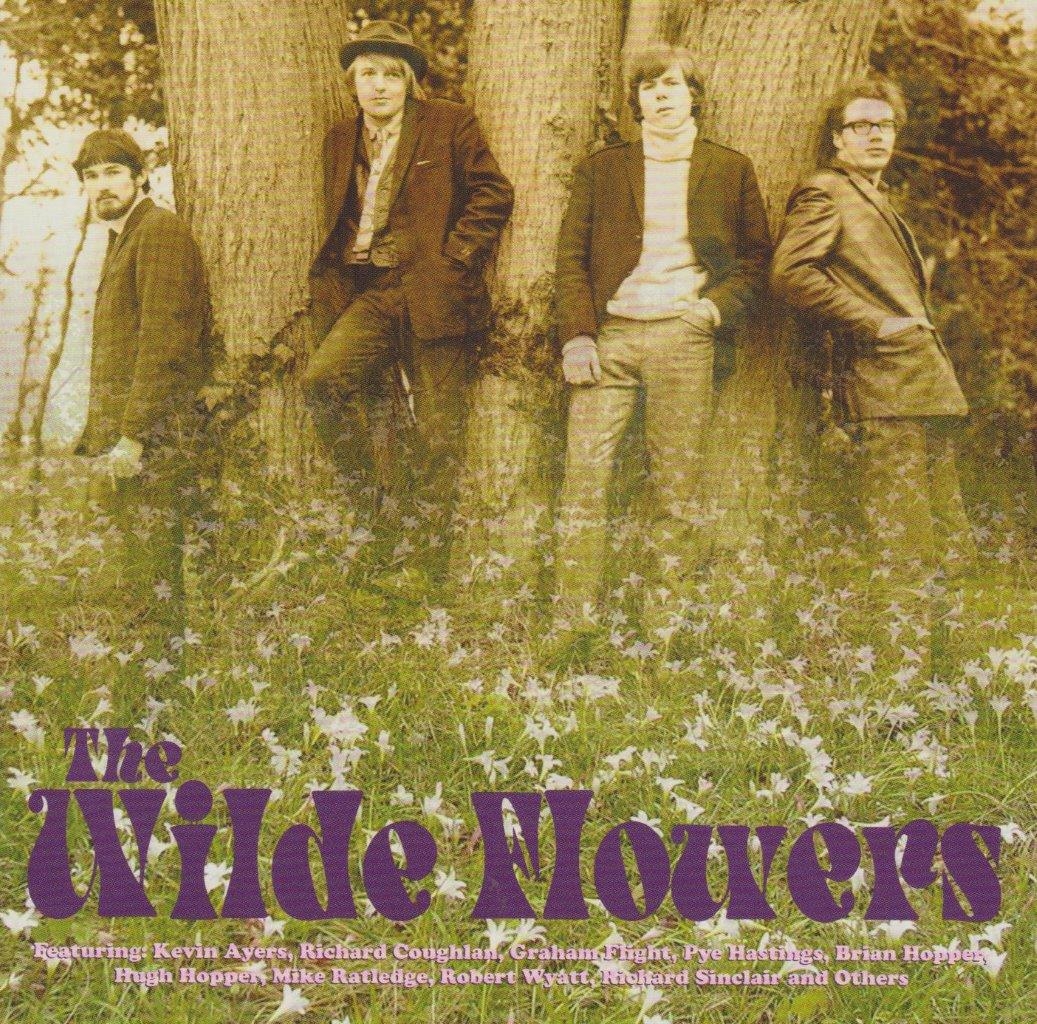
The Canterbury Scene was not just the place where Paul Messenger (mis)spent his youth, it was a musical movement of the 1960s that resulted in some of the most original British bands of the era. We would not have had Gong, Caravan, Hatfield and the North, or Soft Machine without the Canterbury scene, and The Wilde Flowers were its most fertile breeding ground. The people involved came together in the early sixties but the ‘official’ formation occurred in 1964. It consisted of Robert Wyatt, Brian and Hugh Hopper, Richard Sinclair, and Kevin Ayers, all of whom practised at the Hopper family home near Canterbury. At this point Wyatt played drums, Brian was on sax, Hugh played bass, while Ayers and Sinclair played guitar and sang. Of the group, Kevin Ayres was the star turn: he was already considered a “pop musician” and “lived the lifestyle”, according to Brian Hopper.

Unlike more mainstream acts at the time, their influences were largely jazz: Wyatt was already well-versed in what was then called ‘modern jazz’, but rather than emulating their idols, The Wilde Flowers fused that jazz influence with the rhythm and blues sound that was popular at the time. Brian Hopper had spent a lot of time with Mike Ratledge (later with Soft Machine) prior to joining The Wilde Flowers and developed a free-form improvised style that he brought to the band, so the music they made was quite distinctive. They didn’t release anything at the time, but made several recordings that have been gathered on a new eponymous double CD by Floating World. This features the 22 tracks released in 1994 as The Tales of Canterbury and adds 12 more, including ‘The Pieman Cometh’ and ‘Hope For Happiness’, both recorded by Robert Wyatt and Brian Hopper in 2003, while the rest are from the early 1960s. These older cuts include a version of ‘That’s Alright Mama’ from 1962, which is barely recognisable as anything Elvis would have ever produced, and all the more refreshing for it.
As Brian puts it in the extensive history of the band included with the release, they were “trying consciously to break new ground”, and although the influences are detectable and mainly of blues and R’n’B varieties they were successful in their efforts. The Wilde Flowers gained the ‘e’ in their name thanks to Oscar Wilde (as beatniks, the band were heavily into poetry). They played their first gig at the Bear and Key in Whitstable and with further live work developed the knack of playing continuously for “anything up to an hour” – anyone looking for the grass roots of progressive rock, take note! They recorded their first session with Wout Steenhuis in Broadstairs, which included original compositions and tunes by Booker White and Chuck Berry, including the latter’s ‘Almost Grown’: again a very different sounding version thanks to Wyatt’s distinctive vocal style.

Kevin Ayers left after the session and was replaced by Graham Flight, a singer and blues harp player bearing some resemblance to Steve Winwood. His version of ‘Slow Walkin’ Talk’ is on the first disc and, like most of the material on this compilation, comes from tapes that Brian Hopper made of the acetates they produced. This combined with the relatively crude nature of the originals means that sound quality is not in the front league by any means, all of which contributes to the ‘art rock’ feel of the work.
The next chapter in The Wilde Flowers story involved Robert Wyatt vacating the drum stool to concentrate on vocals, a move that meant another drummer had to be found. In his place came Richard Coughlan, who was playing in a Canterbury dance band at the time. Coughlan also worked six days a week as a dental technician, something that conflicted with a gig the band had playing at the local cinema between children’s films: apparently he sneaked out of work for the 20 minute sets. This band recorded with Steenhuis in the Spring of 1966, and many of these songs were later adapted for Soft Machine by Wyatt, who left The Wilde Flowers to start Soft Machine with Kevin Ayers later the same year. Wyatt was replaced by Julian ‘Pye’ Hastings on vocals and guitar, and the band was augmented by organ player Dave Sinclair. This formation continued into 1967 but when Hugh Hopper left to join Soft Machine it gradually petered out albeit regrouping for various sessions including a demo recording for Hugh in ’69.
I managed to get in touch with Robert Wyatt and eeked a few comments out of him about the Wilde Flowers days and his apparent disinterest in making music today. It seems that he’s been distracted by politics; let’s hope he recovers soon!

JK: What memories do you have of the Wilde Flowers recordings?
RW: Most were demos, rehearsing material we could play at dances, and a few songs written by ourselves. Brian Hopper, who had a clarinet, a saxophone, and a guitar, liked to document our tentative ideas – I didn’t know that they would survive. But Brian became, professionally, a scientist, and perhaps already had the inclination to preserve specimens, however flawed, for what became his Canterbury archive.
I remember the mutual friendships among us, such as Brian and his friend Michael Ratledge, who I first knew as a nominal prefect at school. I doubt he ever disciplined us younger pupils at the Simon Langton grammar school for boys. That’s my kind of prefect!
Kevin Ayers lived in Herne Bay, on East Kent’s north coast. He was born in Malaya (now Malaysia), and had happy memories of times spent leaping about in the warm sea with the local children. This longing for a laid-back, sunny environment is clear from his later writings, a lovely body of work. Meanwhile, we’d been introduced on the grounds that he was the only other boy in East Kent with long hair. And indeed we got on very well. Simples.
Brian’s younger brother, Hugh (Hopper, latterly of Soft Machine), started writing early. I sang on what I believe was his first song – ‘Memories’ – only because he was too shy to sing them himself: a nice gift for me, then!
Guitarist Richard Sinclair had the advantage that his father was a professional musician, and so acquired all kinds of obscure information, such as How to Play In Tune. Always handy to have such a chap in a band, I think. Also guitarist ‘Pye’ Hastings, whose older brother Jimmy was a virtuoso reed-player, turned up. A real musician.
I just remember that though our preferences varied, they sometimes complemented each other.
JK: The record making process has changed quite dramatically since then, is there anything about the way it used to be done that you think we should go back to?
RW: We liked tape recorders. Hugh and Brian had fun playing tapes backwards, and making tape-loops, like the great Terry Riley. Even made Mobius loops. You can’t do those things so easily with digital stuff.
JK: Why did this band not last longer?
RW: It was a teenage hobby, really, more about trying things out than achieving perfect results. Brian, at least, who took the original initiative, became a grown-up, so that was that.
JK: I read that a producer on Top of the Pops didn’t want you to appear on a wheelchair for your performance of ‘I’m A Believer’, is that true?
RW: Yes. I asked him politely to go f**k himself.
JK: How have your musical tastes changed since the Wilde Flowers days?
RW: Not fundamentally, but see answer to next question… My basic listening diet is the music BEFORE the sixties. From old 78 rpm records, to what used to be called modern jazz: Gil Evans, Charles Mingus, Archie Shepp…. Currently, though, music from the front lines of todays upheavals. For example the Syrian singer George Wassou, and the Russian-Ukrainian pianist Valentina Lisitsa.
JK: I see that Domino put out some of your solo work on vinyl again, what do you think of the vinyl revival?
RW: I love it. So nostalgic.
JK: Is there a chance of more music one day?
RW: My music room has become a dusty museum. I doubt that the ghosts who inhabit it would let me back in.
JK: So the only music that inspires you now is political. Have you written anything of that nature yourself?
RW: Me and Alf (Wyatt’s wife, Alfreda Benge) have written loads – our words and music have always been saturated with trying to digest the human world beyond ourselves. Musical inspiration comes from music itself. I was always interested in exploring beyond the idiom I inherited. My developing preoccupations are consistent, really, with how I’ve always approached living and working. I hope that makes sense.
Incidentally, both George Wassouf and Valentina Lisitsa are massively popular internationally – for their music. These are not esoteric references!
The Wilde Flowers eponymous album is out on the Floating World label now.
Tags: FEATURED
By Jason Kennedy
More articles from this authorRead Next From Blog
See all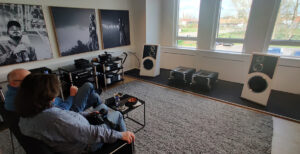
Audiovector Trapeze Reimagined
- Apr 24, 2024
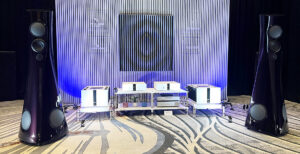
AXPONA 2024 Show Report Part One
- Apr 19, 2024
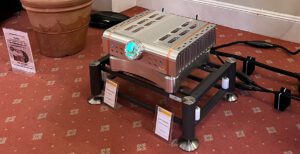
Audio Show Deluxe 2024: A photo show report
- Mar 28, 2024
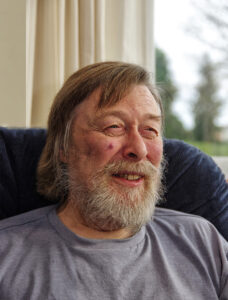
Paul Messenger 1949-2024: A personal tribute
- Mar 26, 2024

